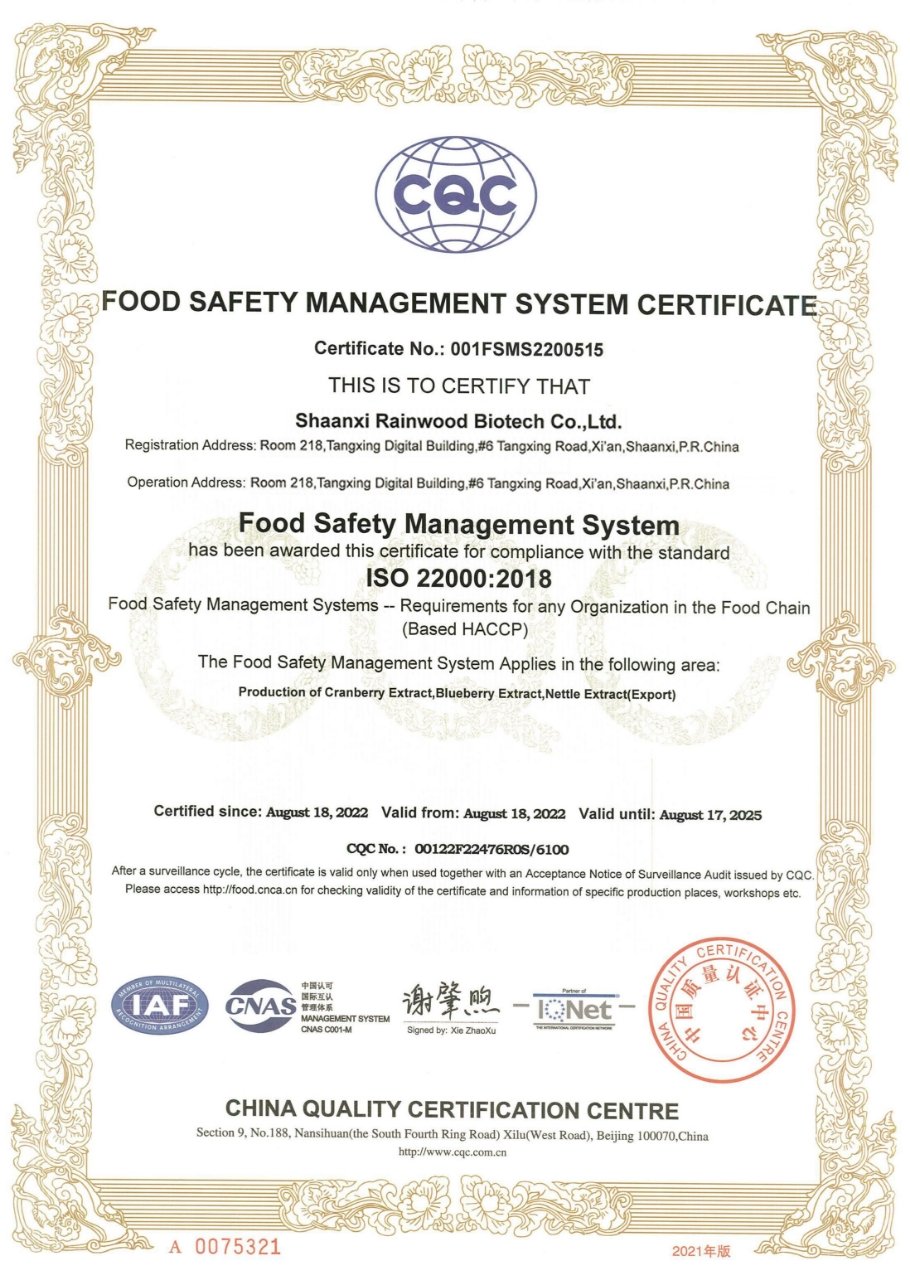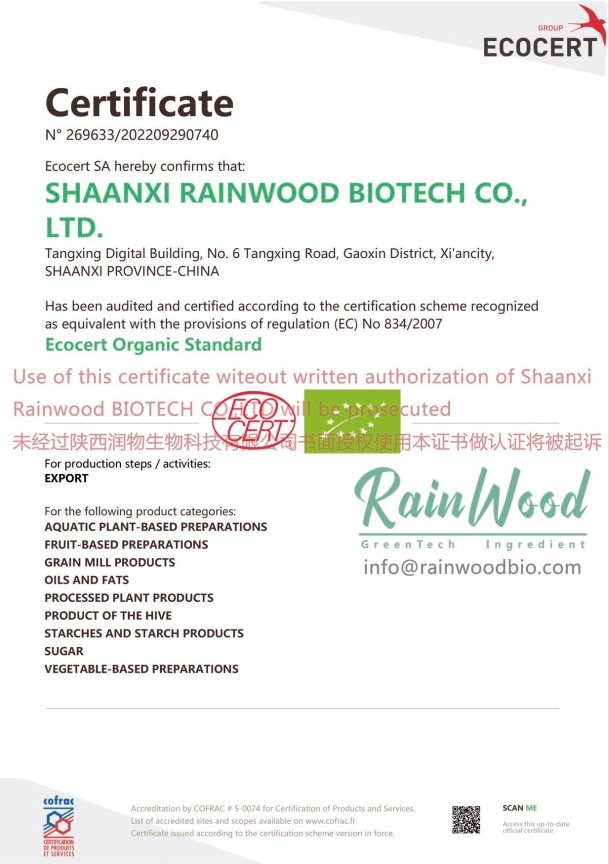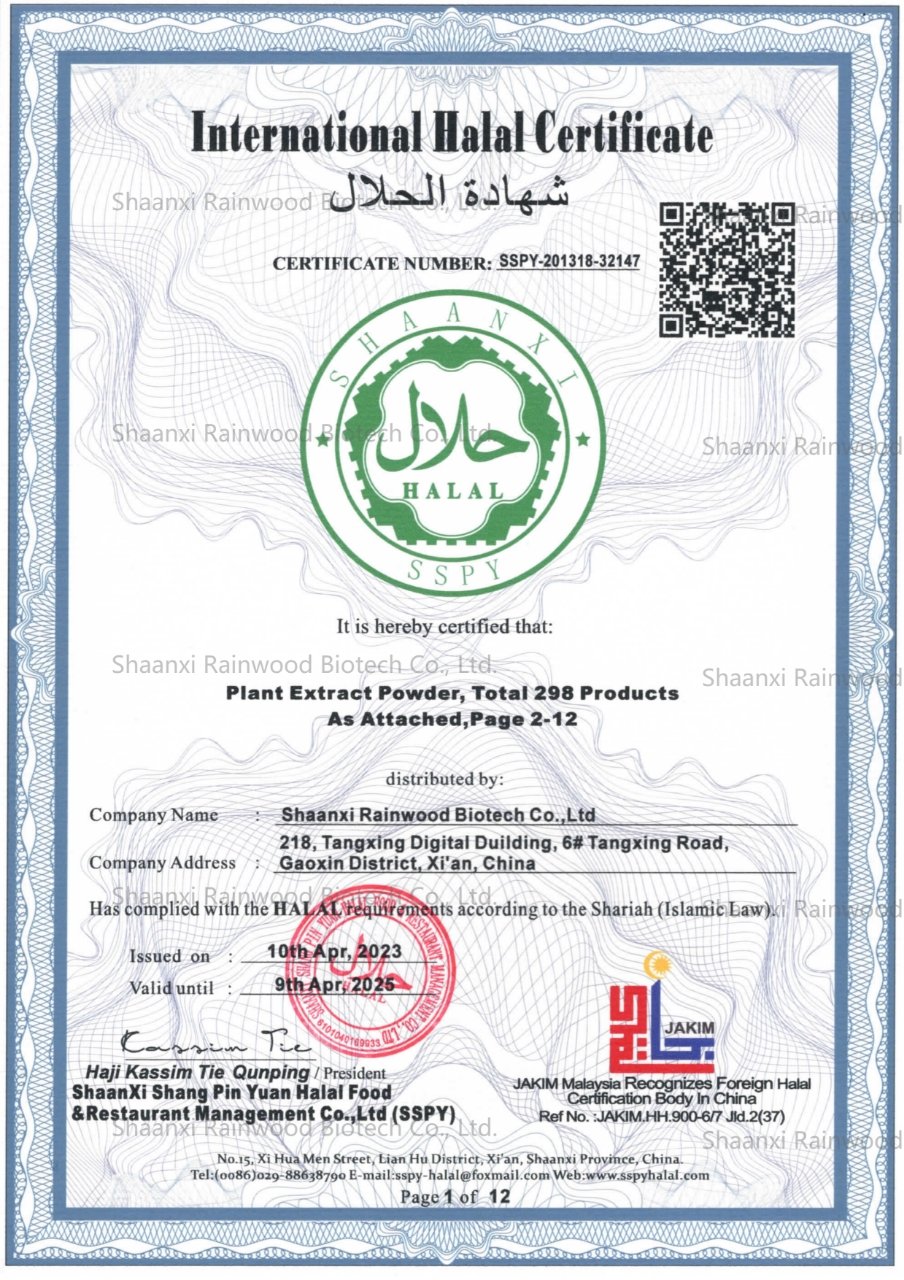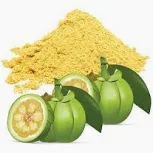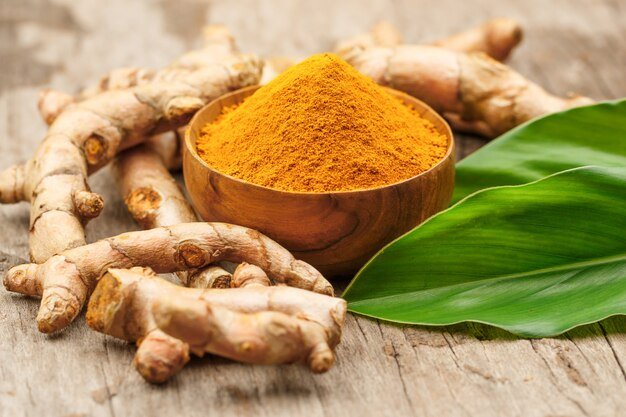Quercetin, the skin’s unsung hero, stands as a formidable defense against diverse threats like UV radiation, histamine, and toxic chemicals. With its proven ability to alleviate redness, itching, and inflammation while promoting hydration and reinforcing the skin barrier, quercetin emerges as a versatile remedy.

Olioso sheds light on the ongoing research exploring quercetin’s anticancer properties, UV protection, and its ability to counteract glycation-induced collagen degradation. Despite the inherent challenges in research, promising studies worldwide indicate a plethora of potential benefits for the skin.
- UV Radiation Defense: Like its flavonoid counterparts, quercetin’s antioxidant prowess makes it a sought-after ingredient in skincare. By mitigating the harmful effects of UV radiation, it aids in preventing breaks and DNA damage, crucial in minimizing the risk of skin cancers.
- Antioxidant Arsenal: Teaming up with sunscreen, quercetin fights oxidative stress, locating and repairing damaged DNA and harmful reactive oxygen species (ROS). This collaborative effort serves as a shield against potential skin damage.
- Inflammation Soother: Topical quercetin demonstrates anti-inflammatory effects, as evidenced by a 2016 study where participants experienced significant improvements in redness, itching, and irritation when applied to damaged skin.
- Cardiovascular and Joint Health: Research suggests that quercetin contributes to improved blood flow, benefiting those with heart disease, while also showcasing anti-arthritis properties by preventing acute and chronic inflammation.
- Cancer Safeguard: Studies highlight quercetin’s potential in both preventing and treating specific types of cancer, marking it as a promising player in the fight against malignancies.
- Allergy Alleviation: Acting as an effective antihistamine, quercetin inhibits receptor release, making it a robust choice for individuals grappling with pollen allergies.
- Antibacterial Defender: With antibacterial properties, quercetin not only combats existing infections but also acts as a preventive measure, fortifying the body against bacteria.
Topical vs. Oral Dilemma: While oral quercetin’s impact on the skin lacks conclusive evidence, topical application shines in enhancing antioxidant functionality, providing UV radiation protection, and reducing inflammation. A consultation with a healthcare professional before oral supplementation is crucial.
Dark Spot Dilemma: Researchers are exploring whether quercetin holds the key to fading dark spots, offering a potential solution that is gentler than existing treatments.

Quercetin in Skincare: Revered for its skin-soothing and anti-inflammatory properties, quercetin is a staple in products designed for repair and defense against free radicals.
Skin Rejuvenation: Can quercetin turn back the clock on aging? Skin treatments employing quercetin powder exhibit promise in addressing skin concerns like dermatitis, offering hydration and flexibility.
Embrace Quercetin: Recognizing its positive impacts on overall health, quercetin is a valuable asset in skincare, whether incorporated into products or consumed as an oral supplement.
Note: Quercetin, devoid of hydroquinone and backed by research, emerges as a gentle yet effective solution for a myriad of skin concerns.
References:
https://www.ncbi.nlm.nih.gov/pmc/articles/PMC4777224/
https://www.byrdie.com/quercetin-5101124#toc-benefits-of-quercetin-for-skin
https://www.vogue.co.uk/article/skincare-alphabet-q-is-for-quercetin








